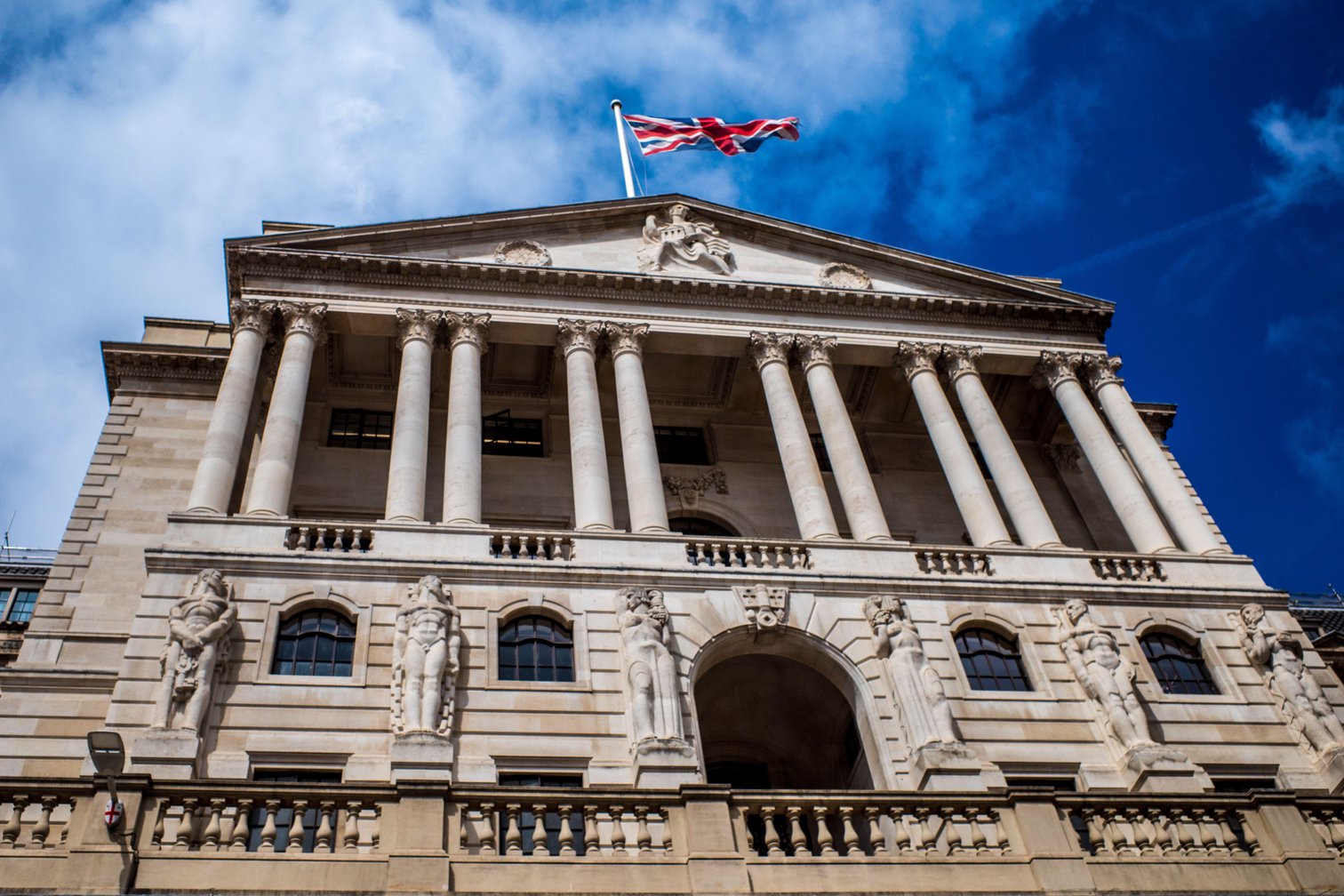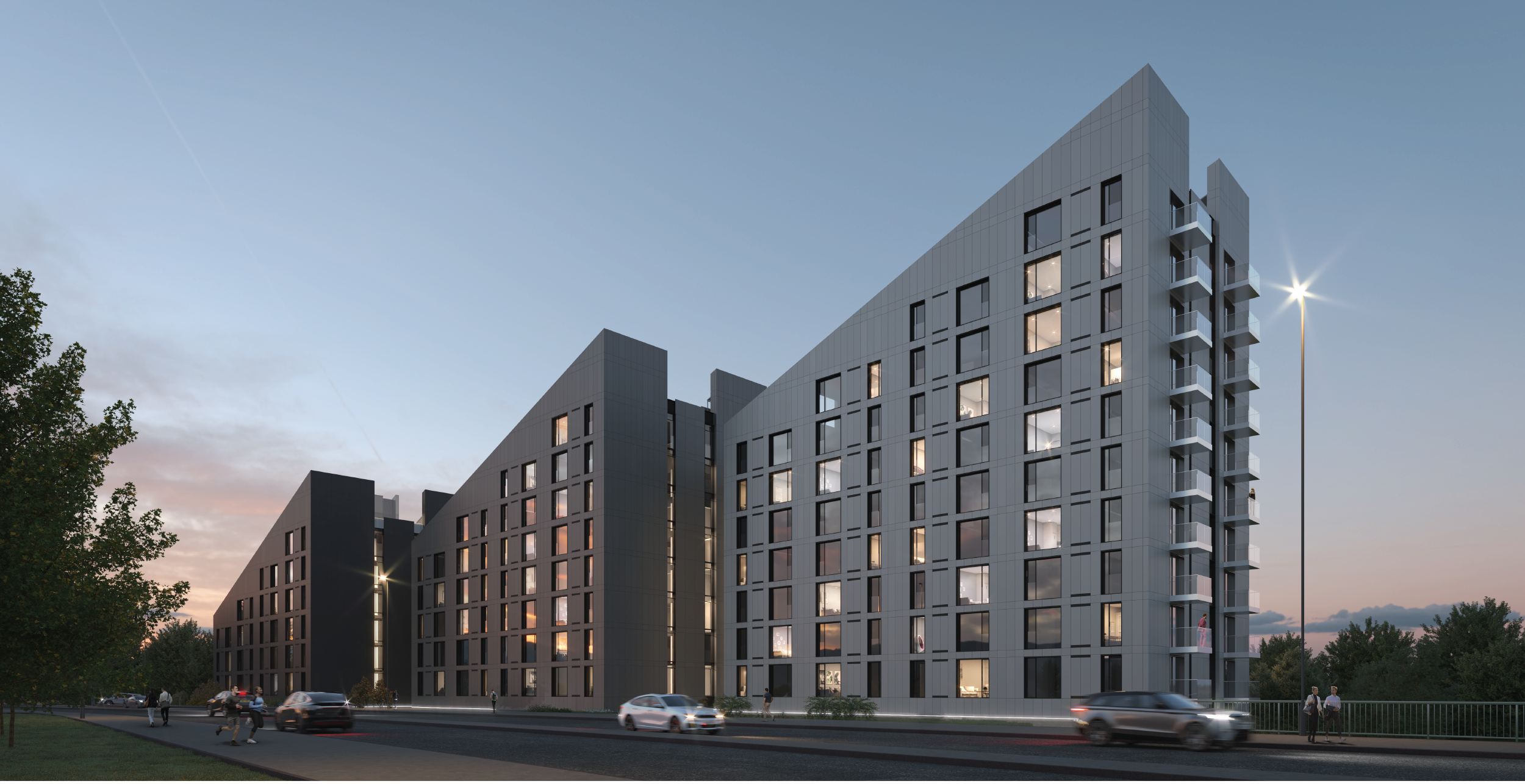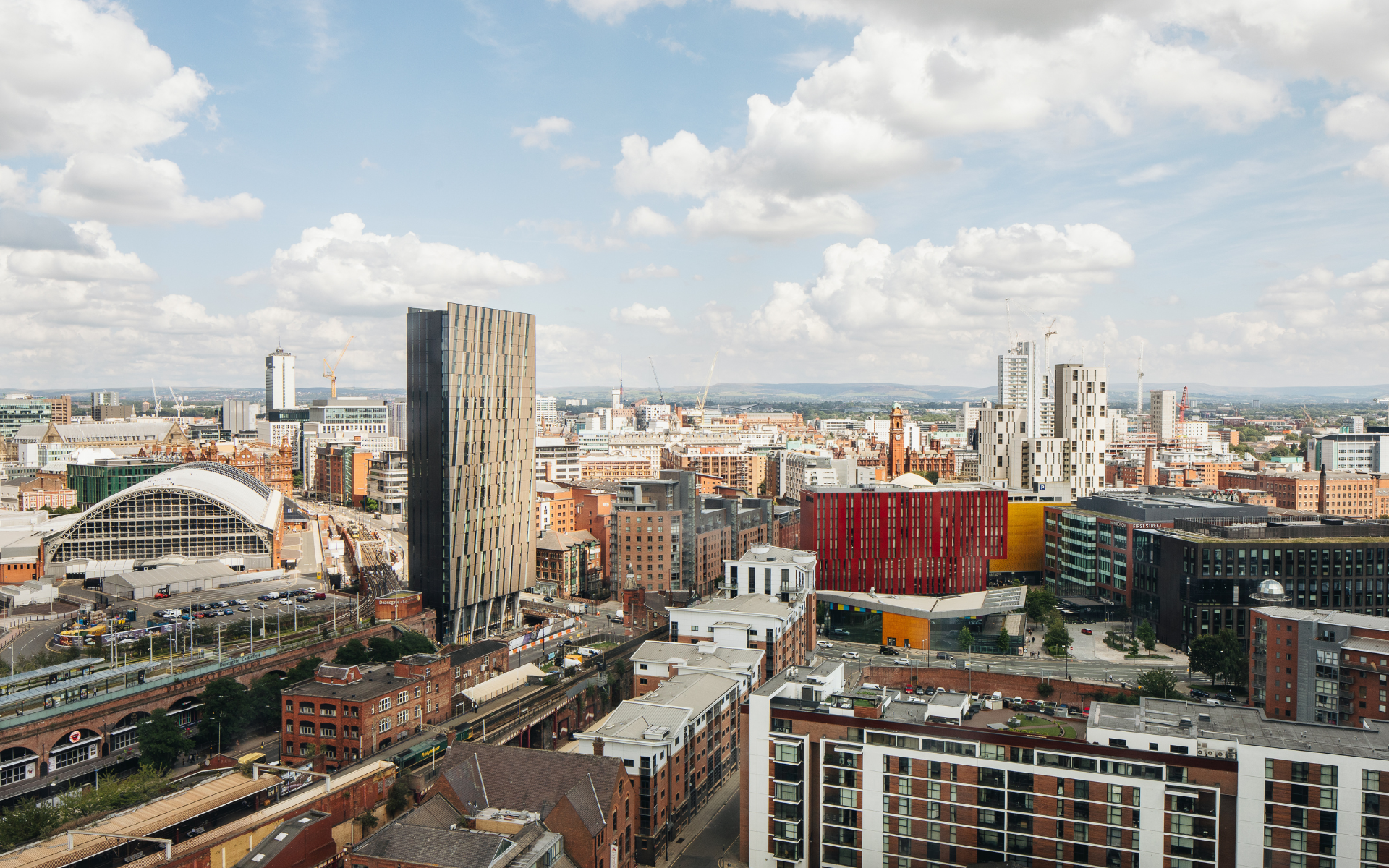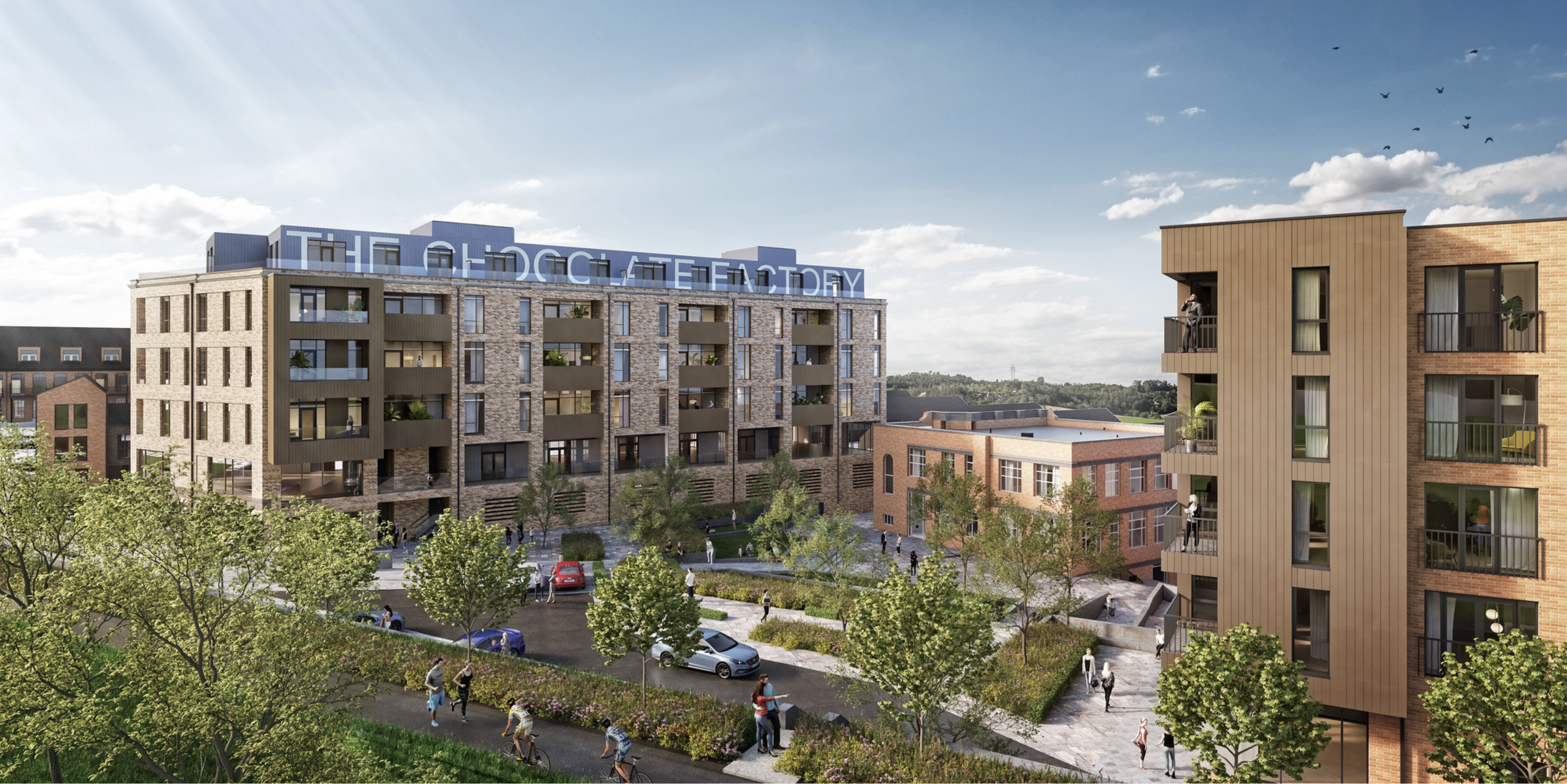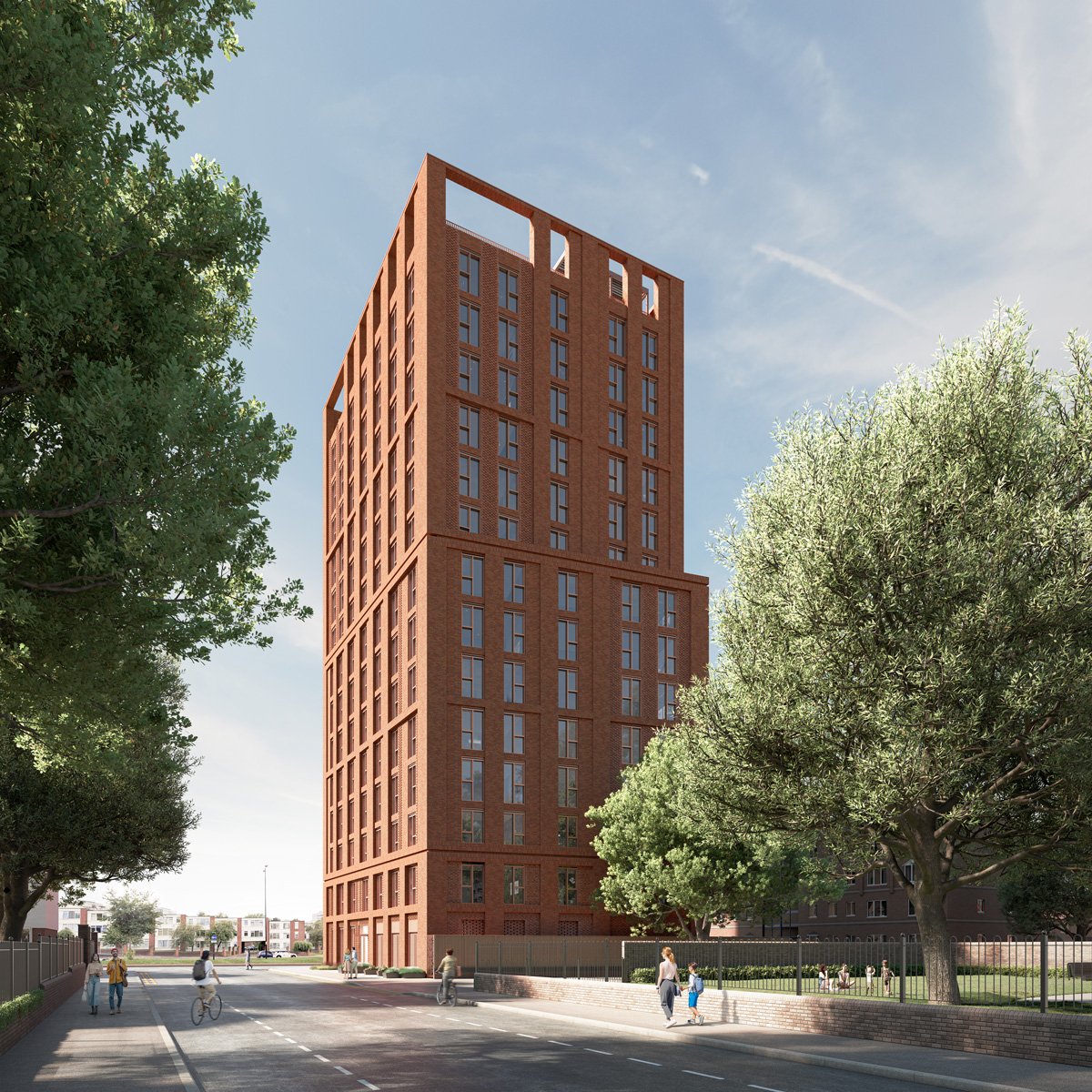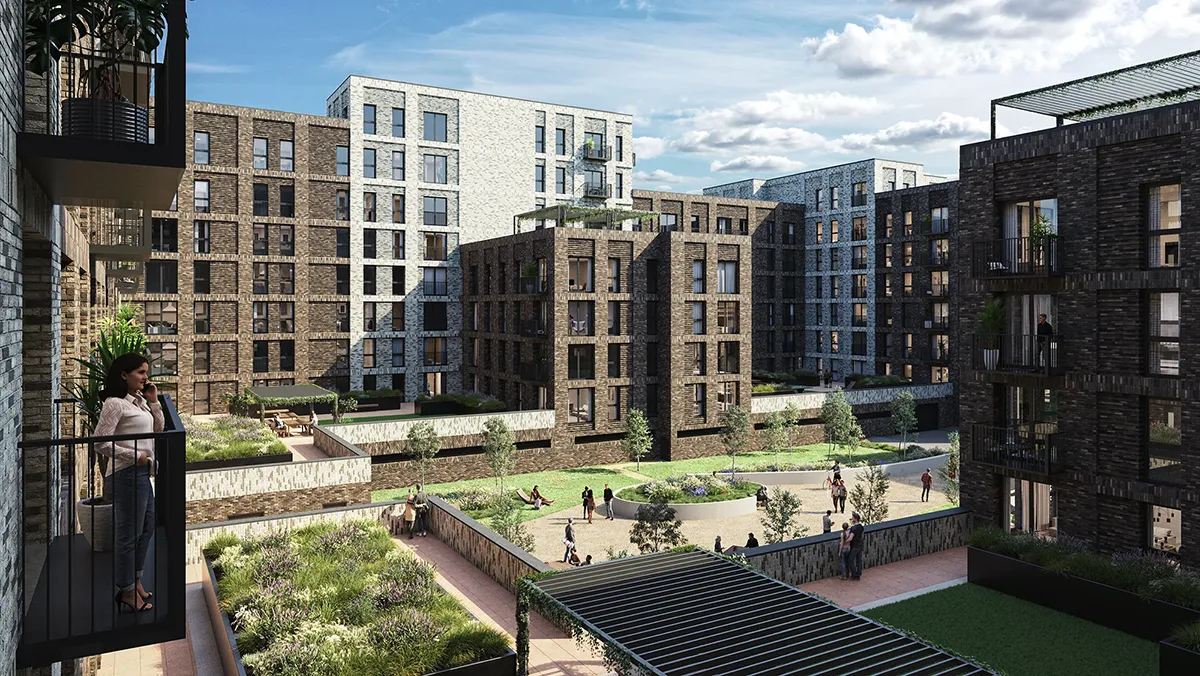UK rents at record highs with more to come during 2023

The first 10 years after the 2008 financial crisis saw rents in the UK more than double on average, and they haven’t slowed down since then. The last five years have set new record highs for rents and the future is likely to see even higher records set.
The growth of rents in the UK shares many similarities with the increase in house prices in recent years. The most important similarity is that both markets are based on a major imbalance between supply and demand which fuels competition and pushes prices upwards.
Where they differ is that rents have continued to achieve record highs even during a time when house prices are growing more slowly than before. Higher mortgage rates are persuading many out of purchasing a home at this time – and that means that fewer people than ever before are leaving the private rented sector. This has forced demand for rented property upwards even faster than before.
Due to this, average rents are increasing even in the face of a cost of living crisis, and this situation should give landlords some serious encouragement for the months and years ahead. The Royal Institution of Chartered Surveyors (RICS) notes that housing transactions are likely to fall below 900,000 in the year ahead, but rents have still grown each month since May 2020.
Rightmove’s director of property science Tim Bannister said: “The story of the rental market continues to be one of high tenant demand but not enough available homes to meet that demand.
"Last year we saw exceptional numbers of tenants looking to move and this year we have seen no let-up in this trend. Whilst stock levels are beginning to improve, with June seeing the highest number of new rental listings coming to market so far this year, the wide gap that has been created between supply and demand over the last two years will take time to narrow.
What does this mean in practice? Rightmove has reported that there are approximately 26% fewer homes available to rent in the UK now than there were before the Covid-19 pandemic, and the Association of Residential Letting Agents (ARLA) reported in their latest Private rented sector (PRS) report that the demand for properties continues to increase, as does the rent.
To take Manchester as an example, the latest statistics from Alliance City Living show exactly how busy a booming rental market can become when there are ongoing supply issues.
Their latest analysis from Q4 2022 shows that average rents in Manchester have grown by almost 22% in the last year, with some parts of the city seeing rental growth in excess of 31% in the last 12 months. Especially popular are two-bedroom apartments where rents have gone up to an average of £1,329pcm. Overall, Alliance City Living report that the entire city of Manchester had just 501 apartments available to rent during the busiest part of Q4 2022 – a time which is traditionally “quiet” in the market.
Looking ahead to the future, we can project where this level of rental demand will take us. Following a decade of growth, all signs point to even better news for landlords in the years to come. With a real lack of Manchester developments for sale in the busiest city centre markets, there is potential for investors to maximise their income by investing in the city.
Savills is predicting that “rental demand will remain strong as long as interest rates remain high enough to frustrate aspiring first-time buyers, keeping them renting for longer. That suggests we see rental growth stabilise in line with its long-term correlation with earnings growth, rather than affordability easing beyond that point.
“We [Savills] are predicting UK rents will have risen 10.0% by the end of this year.”
The agency then goes on to analyse the markets for the next four years and projects that landlords can expect to see rental growth of 18.3% on average across the UK by the end of 2027 on top of whatever the final figure is for 2022.
This is proof of a healthy market with strong future prospects. Further data from other sources leads to similar conclusions. Commenting on the market and future rental trends, Oliver Knight, Head of Residential Development Research at Knight Frank, says: “UK rents are forecast to [build] on the strong performance in the second half of last year.
“Longer-term, supply constraints, strong tenant demand and robust earnings growth in will support an increase of 17.1% in rental values over the next five years. At a national level, the rental market is being shaped by a deepening supply and demand imbalance.”
As mentioned previously, places like Manchester are in an even better position than the national average. Having outstripped it for many years, landlords looking to invest in Manchester properties can look ahead optimistically.
Interested in investing and looking for a Manchester apartment for sale? Get in touch with our team today by clicking here to start your investment journey >>
Continue Reading
